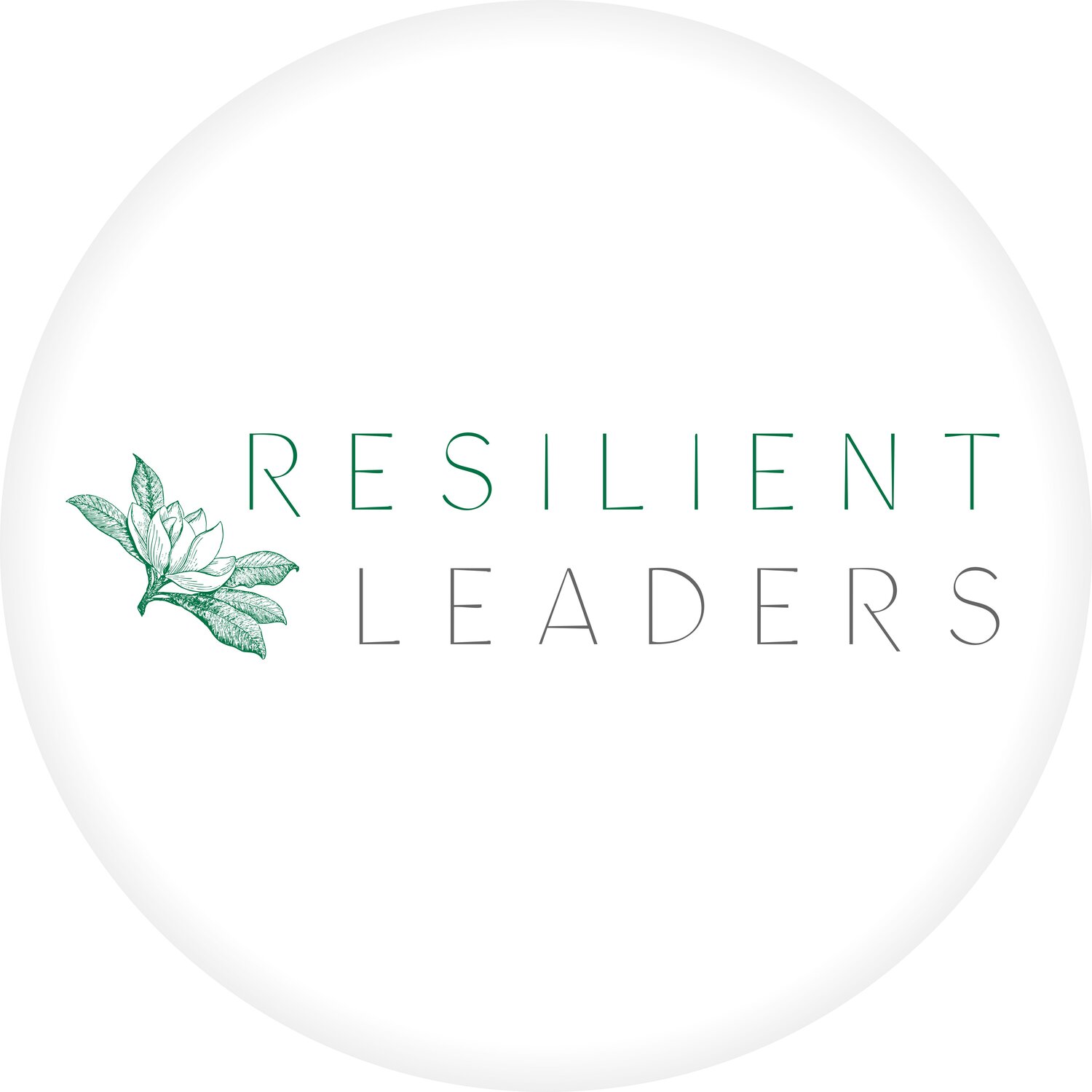Boost Your Resiliency at Work: 4 Ways to Identify if Stress is Taking its Toll
Stress is inevitable, and it's no secret that the workplace can be a significant source of stress for many people. But when stress begins to take a toll on our ability to be resilient in the face of adversity, it's time to take action. In this article, we'll explore four ways to identify if stress affects your resiliency at work and offer practical strategies to boost your resilience based on research from the Harvard Business Review.
You're Feeling Burnt Out: Burnout is a state of emotional, mental, and physical exhaustion that can occur when we're exposed to prolonged periods of stress. If you're feeling burnt out, it's a sign that your resilience is being compromised. One way to boost your resilience is to ensure you care for yourself. That means prioritizing sleep, exercise, healthy eating, and self-care activities that help you recharge.
You're Struggling with Decision-Making: When we're stressed, it can be hard to make decisions, especially in high-pressure situations. If you're finding it difficult to make decisions at work, it's a sign that your resilience is being tested. To boost your resilience, try practicing mindfulness, which can help you stay focused and calm during stress.
You're Losing Motivation: If you're feeling unmotivated or disengaged at work, it's a sign that stress is taking its toll. To boost your resilience, try setting small, achievable goals for yourself, and celebrate each time you achieve them. This can help you stay motivated and focused, even in challenging times.
You're Struggling to Manage Emotions: Stress can also make it challenging to manage our emotions, which can impact our relationships with colleagues and clients. If you're finding it hard to manage your feelings at work, it's a sign that your resilience is being challenged. To boost your resilience, try practicing emotional regulation techniques like deep breathing or meditation to help you stay calm and centered under challenging situations.
Stress is a normal part of work, but when it begins to impact our resilience, it's important to take action.
By recognizing the signs that stress is affecting your resilience and practicing strategies to boost your resilience, you can navigate challenging situations with greater ease and effectiveness. Remember, investing in your resilience is an investment in your well-being and career success.


